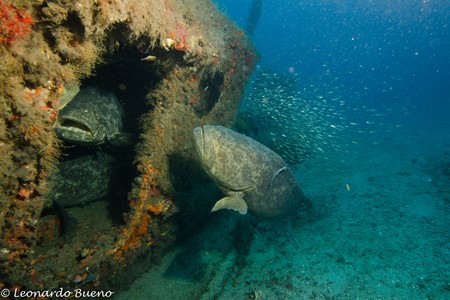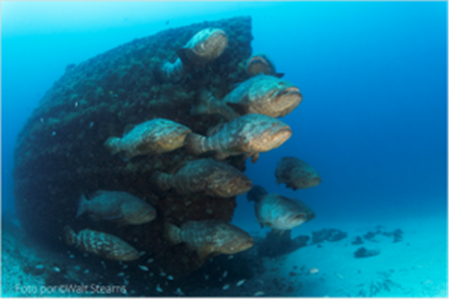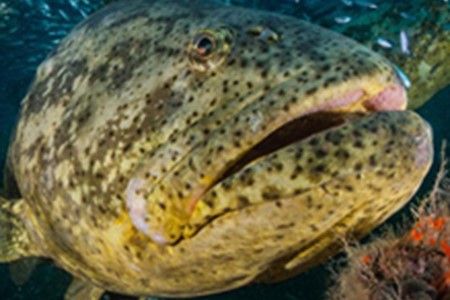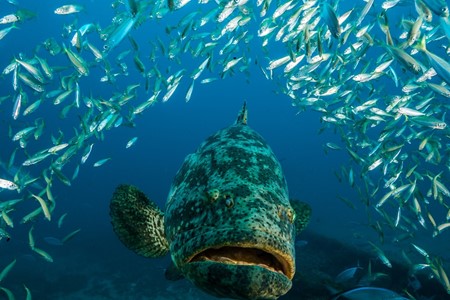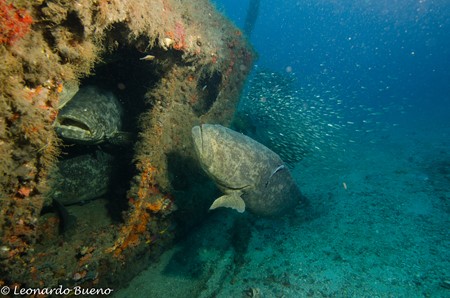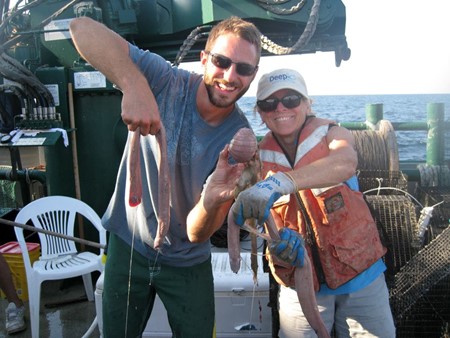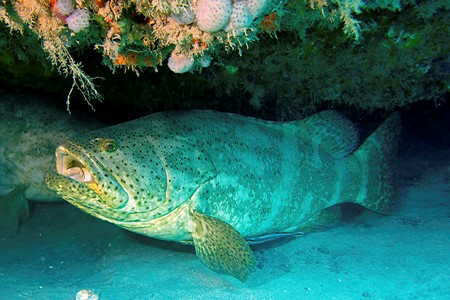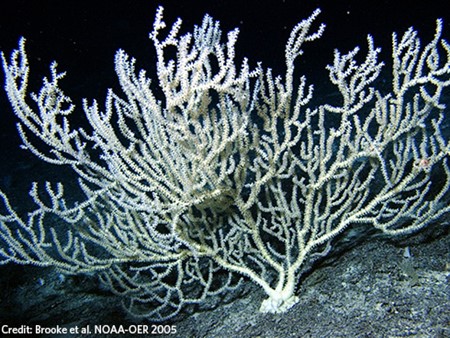In an article published in The Invading Sea, Dr. Chris Koenig and Dr. Felicia Coleman take the Florida Fish and Wildlife agency commissioners to task for ignoring the best available science when making decisions about wildlife.
Coleman Guest Editor for journal Fishes: special issue on Goliath Grouper
Call for Papers. -- Dr. Coleman is serving as guest editor for a special issue, “Frontiers in Goliath Grouper Research" to be published in the journal Fishes. Papers by scientists from the Global South are particularly of interest. Deadline for manuscript submission is 30 March 2023.


